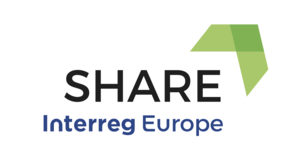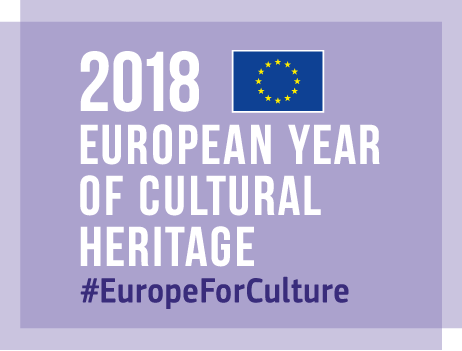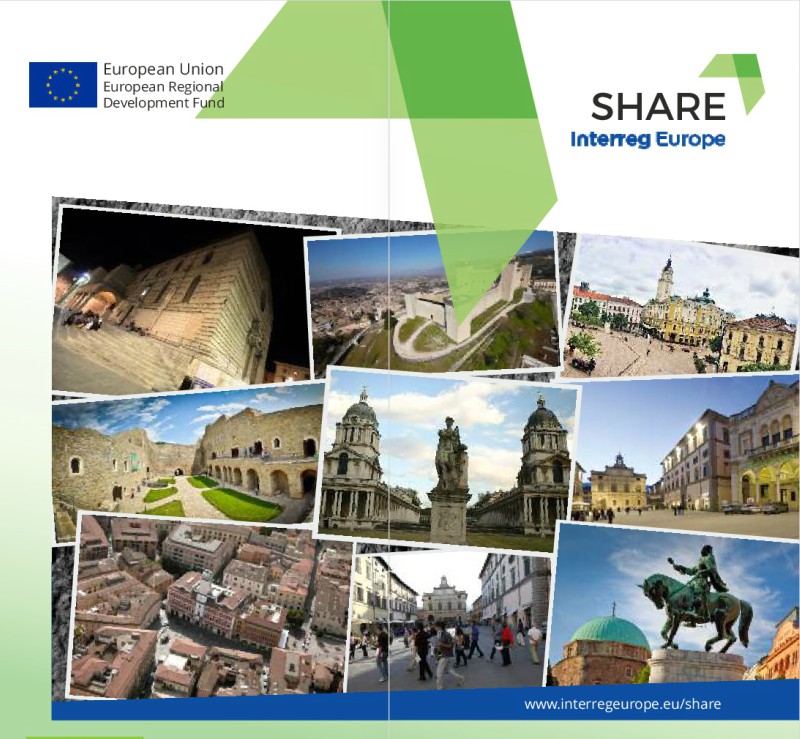The General Directorate for Libraries, Museums and Cultural Heritage (GD) of the Regional Government of Extremadura (Spain) manages the cultural heritage of the Autonomous Community of Extremadura, carrying out a range of activities to protect, valorise and study the region's cultural heritage. Here is an overview of their work:
- Combat heritage plundering: The GD conducts training courses for the National and Regional security forces and judiciary staff so that they can identify the damage caused by plundering in the archaeological sites of Extremadura. Some operations carried out in Extremadura by the security forces have served as a basis for national regulation.

Apart from this, different training courses and workshops on the importance of the preservation of the historic heritage are carried out regularly in the Region to raise awareness among the general public. - Prepare sectorial reports to minimize negative effects on heritage: Many sectorial studies and reports are developed every year in order to minimize the effects of different projects and activities on cultural assets. These reports establish a series of preventive, corrective and protective measures to make the development of current projects compatible with the preservation of the cultural heritage in Extremadura.

- Re-Valorisation of Cultural Assets: One of the GD’s main activities is to valorise the Region’s cultural assets. Many recovery and revalorization projects have been implemented in the last 10 years, including to important archaeological sites, local natural landscape, monuments, traditional events, etc.
- Outreach to secondary and primary schools: The GD considers it a regional priority to educate and create awareness in children of the importance of preservation and studying cultural heritage. Numerous activities, conferences, workshops and courses take place every year in primary and secondary schools.

One is the “Adopt a Monument” Project in which the preservation and protection of a specific monument is assigned to the students of the school. This project has generated a considerable reduction in the number of graffiti and vandalism that was being done by young people in those heritage assets. - Scientific and tourism dissemination: The GD participates in fairs and events related to tourism and heritage to promote its cultural assets, especially those that have been recently discovered or valorised and are less well known by the general public. It also spreads knowledge through conferences in museums and local public facilities to promote the cultural heritage and the dissemination of new projects.

- Socialization and empowerment of cultural heritage by citizens: An important line of action is the collaboration with local associations in order to organise study visits to local cultural assets for different collectives.

- Accessibility to Cultural Heritage for people with disabilities: The GD implements activities designed to enable people of different abilities to exercise their rights as citizens to know and enjoy the heritage. For example, archaeological and cultural heritage workshops for people with intellectual disabilities teach and involve them in the valorisation of cultural assets.
- Scientific research and publishing: The GD of Libraries, Museums and Cultural Heritage conducts research studies and projects related to archaeology, ethnography, archives, conservation of archaeological pieces and works of art, etc.

This constant research activity makes possible the publication of books and articles of interest. It is also involved in implementing other EU and national projects for the preservation and sustainable management of Cultural Heritage.
For example, the GD coordinated the CREATIVE Project HANDPAS. HANDS FROM THE PAST, which made a significant research and scientific contributions at the international level. A current innovation project on the analysis of archaeological pieces and works of art is under development in collaboration with the Faculty of Physics of the University of Extremadura. - European Cultural Heritage Days: Since 2014, it has been working within the framework of the European Cultural Heritage Days. Over 100 actions will be carried out in the Region in 2018 involving different administrations, associations and groups with the aim of raise awareness and valorise the cultural heritage among our citizens.






